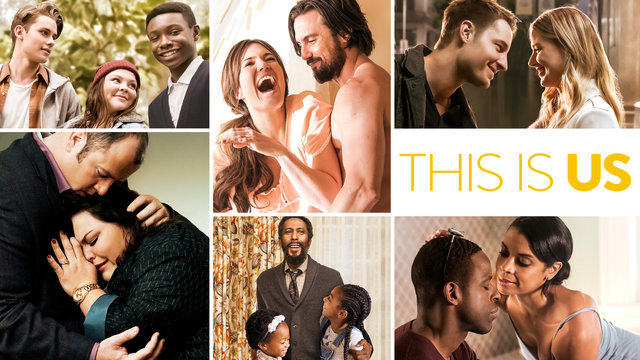A large number of authors, romance or otherwise, are what used to be called WASP – white, anglo-saxon, protestant. You can add in able-bodied, cis-gendered, and middle class. Relax, this post is not going to be what you think. I’m writing about how more and more authors are starting to write outside their “box.” They are crafting characters different from themselves. This is happening for a variety of reasons, in some cases a sense of social consciousness, in others an attempt to attract new readers and audiences to make more revenue.
This can be a good thing for us readers. Many of us hunger for stories that are different from the normal fare flooding bookshelves and eReaders. We want stories about “others” and, in some cases, stories about ourselves if we are members of a group that has been historically excluded from romance and other novels. Romance Slam Jam (https://rsjconvention.com/), a convention for readers and authors of romance books featuring characters of color, will celebrate more than thirty years this June in Kansas City, Mo.
Many people watch This is Us every week for the continuing romance between Toby and Kate, and between Randall and Beth. These stories resonate with everyone, especially the populations they include. Weight issues make Toby and Kate unlike other couples in romantic fiction, and viewers root for them to make their love a success, not for them to lose weight. When actor Sterling K. Brown won the 2018 Golden Globe for best actor for his portrayal of Randall, he praised the writer for creating a fully nuanced character that could only be portrayed by a black man.
The writer who uses reality instead of his or her imagination when portraying someone different makes the real difference. I’m talking about writers willing to push aside Google or Yahoo (they are good for facts and figures, but understanding different people and human sub-cultures are beyond a search engine’s capabilities) and spend time and energy doing primary research with the groups they plan to write about. When they try using their imagination, or the things “everyone knows” they risk putting readers off.
If an author is writing about members of a group they do not have intimate knowledge of, their obligation extends to more than just making sure the hero and heroine have a happy ending. I use the work obligation deliberately. When writing about fairies or goblins, aliens or were-creatures, feel free to put your imagination on overtime. But once you touch on real people, imagination is no longer a big asset. Our imagination are cluttered with stereotypes and clichés, caricatures and problem tropes. Unless controlled, these can push away readers you might have hoped to attract.
If you are trying to be inclusive in your writing, it’s not enough to make a character deaf and use sign language if you don’t understand deaf culture. You can’t just write about a character’s “almond-shaped” eyes or have them mispronounce the letter r when you don’t understand their upbringing and backstory, or the difference between Chinese, Japanese, Cambodian or any of a dozen other Asian and Asian-American people. It’s not enough to chose between calling an African-American’s skin color “coffee” or “chocolate” while being color-blind and not seeing the world through their eyes. Just as I could not create a credible white character by deciding if I should describe them as milk or cauliflower. (Trust me, I love both milk and cauliflower, but I hope you understand that neither choice would help me create a multi-dimensional, non-cliché character. Instead, they might turn some readers away from my writing.
We are authors, reporters with a plus. If we are going to do our job in today’s world, we need to see that world and the multitude of people it contains. It’s not enough to just know our own group well. Fortunately there are authors wanting to know how to expand. That’s why I will be at the Chicago North Spring Fling writer’s conference (http://chicagospringfling.com/) in April. There I will be helping attendees uncover techniques for crafting characters different from themselves.
After all, everyone deserves a little romance.





5 comments:
Barbara, Thank you for showing the importance of not just writing diverse characters but understanding the culture of those people we portray in our books. I'd love to attend The Spring Fling and meet you in person. You've added so much to RTG over the years. And I could meet Beverly Jenkins and hear Damon Suede! Just bought a Lottery ticket figuring $40 million is much, much, much more than I have now! If I'm a winner, I'll be there!
Judith, 40 million is much much more than I have now, too. I wish you luck.
And I am looking forward to meeting these awesome authors too.
Great post, Barbara. You are right on that a writer should always research the culture of her characters. I think that is what is missing in a lot of cross culture books. Happy New Year.
Will look forward to your presentation. As a writer who is struggling to write not just a different culture, but a different culture in a different time period, I need all the help I can get. As a friend gently said to me, "Are you sure you are qualified to write this?" But I resist the idea that a writer can ONLY write her own experience.
Excellent post, B. A. I highly recommend your workshop "Adding Diversity To Your Writing."
Post a Comment